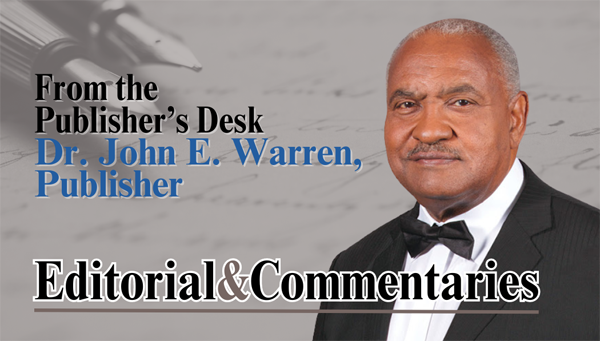
By Dr. Bochi McKinney, California Baptist University
Since Governor Gavin Newsom’s administration released the cost estimate ($4 to 5 billion per year) for the $25 an hour healthcare minimum wage the governor signed into law, some fiscal hawks in the California statehouse and their grassroots supporters have begun crying foul. They say that is too much money, citing the state’s current fiscal deficit. These critics are missing the point. There are costs associated with having an adequate healthcare system, and failing to allow California’s health sector ever to reach a satisfactory level would have significant consequences for the most vulnerable segments of this state’s population.
Last year, only 49% of California’s primary care needs were met. The state needs half a million more healthcare professionals to end its healthcare worker shortage, and the pay inadequacies they face appears to be the primary culprit for the current shortfall.
Take the example of Alvin Mauricio Medina, a 45-year-old, 20-year healthcare worker in the state, who told reporters that he needs to work three jobs, six days a week, at less than $22 an hour to make ends meet for his family. He said that, while he is trying to become a registered nurse, “here in California, with the low wages that we have, either you work or you’re going to school.”
In what is now referred to as the Great Resignation, over 5 million people in the American industry left their jobs from 2021-2022. New studies show that morale in the industry has not improved much, with 47% of healthcare workers still planning on leaving their positions by 2025. It is incumbent on the California legislature to do everything it can to keep these vital positions staffed.
This raises the question: would California prefer to begin paying its healthcare workers in line with what new market realities demand, or would it rather a quarter of state residents continue struggling to find healthcare experts to care for them when the worst happens?
Rather than quibble over the minimum wage Gov. Newsom is offering for California’s healthcare workers, California should seek to clamp down on the rampant examples of waste, fraud, and abuse in its healthcare industry.
California’s state auditor recently released a report showing hundreds of thousands worth of overpayments made, including to employees on administrative leave. State agencies working with the inspector general and other quality control officers to rein in these exorbitant payment inaccuracies could go a long way in paying for the new minimum wage increase.
The legislature can also help keep the state’s healthcare outlays in check by rejecting some of the costly and counterproductive healthcare bills that are currently before it.
AB 1011, which would gut the state’s care referral system, is cut from this cloth. The California Department of Finance opposes the bill because it would cost over $1.25 million to implement, and for what benefit?
AB 1011 would force many public and private state healthcare entities to change their patient referral systems to a new model that one care technology company is pushing even though the current model is the state’s preferred one. Changing it now would not only cost as much as one-third of the healthcare minimum wage increase, but it would also force the state’s already overworked frontline heroes to take even more time away from their patients to become trained on the new system.
I agree with Gov. Newsom this time: California does not need to penny-pinch its frontline heroes. The state can pay them their market worth, ridding the system of extraneous outlays elsewhere so that Californians can finally have the quality healthcare system they need and deserve. The time for this change is now.
Dr. McKinney is an Associate Professor of Public Health at California Baptist University, researcher, and health equity advocate.


